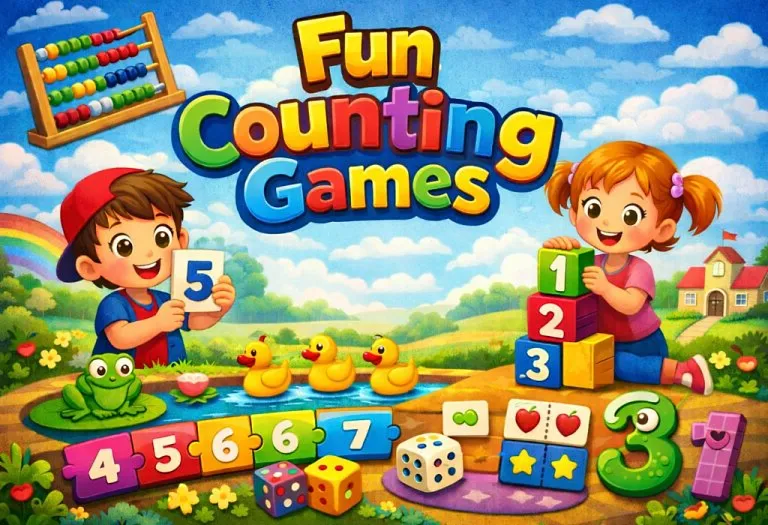Newborn Baby Breathing Problem – Causes, Symptoms, and Treatment

Breathing problems are common in infants and can arise immediately after a baby is born and continue for a few hours. However, in some babies, breathing problems can be complex and may continue for a long. There are several breathing problems that may affect an infant. Changes in the breathing pattern or rate of the baby should not be ignored and must be diagnosed by a doctor. In this article, we will be discussing newborn breathing problems in detail and try to understand the causes, factors, and signs and symptoms of breathing problems in babies.
What Causes Breathing Problems in Newborn Babies?
If the lungs of a baby are not fully developed after his birth, he may have a breathing problem. Although prematurity is the main cause of breathing disorders, there are several other causes of breathing problem in newborns:
1. Respiratory Ailments
Premature babies are highly exposed to the risk of respiratory ailments at birth. Respiratory ailments include breathing difficulty, chronic lung disease, or infections in the respiratory organs, such as asthma and cystic fibrosis (1).
2. Transient Tachypnea
Transient Tachypnea of the newborn (TTN) is a condition where a baby’s breathing is rapid for a short period immediately after birth. It also causes retractions in the chest while inhaling and exhaling (2).
3. Asphyxia
Asphyxia is a condition where the body is deprived of oxygen. This happens when the baby might have had poor breathing at the time of delivery, during labour, or immediately after birth, which results in a lack of adequate oxygen supply in the blood (3). If the newborn is deprived of oxygen, his breaths may become fast, and if it continues, his heart rate may fall, too.
4. Pneumonia
Pneumonia is an infection in one or both lungs caused by a virus, bacteria, or fungi. It enters the lungs and inflames the airways (4). The cause of pneumonia in a baby can be the type of delivery, the health condition of the mother during the delivery, and certain events at the time of delivery.
5. Congenital Lung Infection
Congenital lung infection is rare in newborn babies. However, some babies may have an infection in the lungs at the time of birth, which may lead to further breathing difficulties (5).
Signs and Symptoms of Breathing Difficulty in Babies
The symptoms of breathing disorders in babies are visible right after birth. Let’s take a look at commonly observed signs of breathing problems in babies (6) (7):
1. Coughing Sound or Hoarse Cry
A hoarse coughing sound while breathing indicates an infection in the windpipe or bronchial tubes. This blockage of the larynx is caused due to the formation of mucus deep in the nose and windpipe.
2. Asthmatic Wheezing
A baby might be suffering from asthma if he experiences irregular laboured breathing with wheezing and makes a squeaky sound while breathing out.
3. Shallow Breathing With Retractions
Shallow breathing with retractions, i.e. caving in of the chest while inhaling and exhaling might be an indication of a serious respiratory illness. It is better to get proper antibiotics and medical treatment in such cases.
4. Laboured Breathing With Whistling Sound While Exhaling
Fast-laboured breathing in newborn babies can be a sign of pneumonia. Pneumonia is caused by a bacterial infection. It results in fast or intermittent breathing, slight coughs, and crackling sounds.
5. Skin Turning Blue Around the Nose, Forehead, Neck or Mouth
If a baby has discolouration of the skin or blue-coloured skin around his nose and mouth, then it indicates that he may not be receiving enough oxygen in these areas and might be experiencing trouble breathing.
6. Laboured Breathing With Raspy Sound and Hoarse Cry
If the baby has laboured breathing, then it could be because of a respiratory infection or a possible fever.
7. Flared Nostrils
Flared nostrils while inhaling oxygen shows that the baby is taking in a lot of efforts to breathe in. Although it may not be due to any serious ailment, it is better to consult a doctor.
Common Breathing Problems in Babies
If your baby has a breathing disorder, the following are the common problems that he may encounter while breathing:
1. Squeaky Sound
This kind of high-pitched noise is considered harmless and is caused due to excess tissues around the larynx of the infant. You need not worry about yourself, as this shall pass within a year or so.
2. Breathing With a Whistling Noise
A whistling noise is caused when the tiny nose passage has a blockage due to mucus or dried-up milk. Mucus and dried milk make the breathing passage even smaller, hence making it difficult for a baby to breathe.
3. Fast Breathing or Panting
Babies have an erratic breathing pattern, and they tend to breathe fast (and pant, too!). This often occurs in the normal course, and if there are no indications of an illness, it is nothing to worry about.
4. Congestion in the Chest
This is a common phenomenon in newborn babies due to improper digestion of the milk or regurgitation. Carrying the baby in an upright position and patting him gently on the back will put him at ease and his breathing pattern will return to normal.
5. Nose Block or Nasal Congestion
One of the most common breathing problems in babies at night is nasal congestion while sleeping or after feeding. This is due to the stuffy nose, which can cause difficulty while sleeping and feeding but is not a serious cause for alarm. Mucus can be suctioned using a bulb syringe in order to ensure that the baby breathes normally again.
6. Transient Tachypnea
This happens in babies immediately after their birth. Sometimes, the lungs are filled with extra fluid, leading to difficulty breathing. Extra oxygen is given is such instances, and a full recovery can be expected within a few days.
How to Treat Infant Breathing Problems
In case of serious noises and retractions, immediate consultation with a doctor is a must. Further tests and symptoms can help the doctor diagnose the problem and suggest medication or antibiotics for the same. At times, even X-rays are recommended to confirm suspicions of serious lung ailments. However, with immediate medical attention, broad-spectrum antibiotics, and medicines, breathing difficulty in newborn babies can be treated.
Tips for Concerned Parents
It is important for parents to understand the breathing pattern of the baby in the normal course so that it can be compared when the child suffers from uneven breathing. Parents will have to feel the breath of the baby regularly to record how many breaths he takes per minute.
FAQs
1. What is the difference between normal breathing patterns in newborn babies and abnormal breathing patterns?
Infants usually breathe faster than adults and older children, with a normal rate of 40-60 breaths per minute. When they sleep, this rate often slows to the 30s. It’s also typical for newborn babies to do periodic breathing, where they breathe quickly for a short time and then pause for up to 10 seconds. Healthy breathing in infants should appear effortless and not seem laboured (6). Abnormal breathing, on the other hand, appears rapid and irregular with flared nostrils, grunting, and retracting. Baby breathing problems could indicate an underlying infection or a serious lung issue that should be addressed without any delay.
2. What are other causes of breathing problems in babies?
Here are some more causes of breathing problems in a newly born baby:
- Meconium Aspiration: Meconium aspiration is when the baby inhales the meconium, which is released into the amniotic fluid when the baby is under stress.
- Pneumothorax: It is the rupture of air sacs in the lung that causes babies to have rapid breathing as well as low oxygen levels.
- Congenital Lung Malformations: This is when infants are born with a rare congenital malformation of the lungs. This condition develops in the womb (8). These malformations may be suspected from a prenatal ultrasound or if the infant continues to show breathing problems when all other causes are ruled out.
Breathing problems in newborn babies are common but treatable. It may or may not be a cause of serious respiratory illness in infants, but with proper supervision of parents and immediate medical attention, this disorder can be treated to restore the normal breathing pattern.
References/Resources:
1. Respiratory Disorders; UT Southwestern Medical Center; https://utswmed.org/conditions-treatments/respiratory-disorders/
2. Breathing problems in newborns; AboutKidsHealth; https://www.aboutkidshealth.ca/breathing-problems-in-newborns
3. Birth Asphyxia; Seattle Children’s; https://www.seattlechildrens.org/conditions/birth-asphyxia/
4. Pneumonia; Nationwide Children’s; https://www.nationwidechildrens.org/conditions/pneumonia
5. Congenital lung disorders; Children’sHealth; https://www.childrens.com/specialties-services/conditions/congenital-lung-disorders
6. Potter. C. F; Signs of Breathing Problems; St. Mary’s Health Care System; https://www.stmaryshealthcaresystem.org/newsroom/blog-articles/signs-breathing-problems-newborn; June 2022
7. Breathing Problems What Might Breathing Problems Indicate in Newborns?; Missouri Baptist Medical Center; https://www.missouribaptist.org/Medical-Services/Ortho-Spine-Center/Ortho-and-Spine-Center-Post/ArtMID/611/ArticleID/183/Breathing-Problems
8. Congenital Lung Malformations; Seattle Children’s; https://www.seattlechildrens.org/conditions/congenital-lung-malformations/
Also Read:
Baby Sneezing A Lot
Bronchitis in Babies
Baby Gasping For Air
Baby Sleeps With Mouth Open
Was This Article Helpful?
Parenting is a huge responsibility, for you as a caregiver, but also for us as a parenting content platform. We understand that and take our responsibility of creating credible content seriously. FirstCry Parenting articles are written and published only after extensive research using factually sound references to deliver quality content that is accurate, validated by experts, and completely reliable. To understand how we go about creating content that is credible, read our editorial policy here.






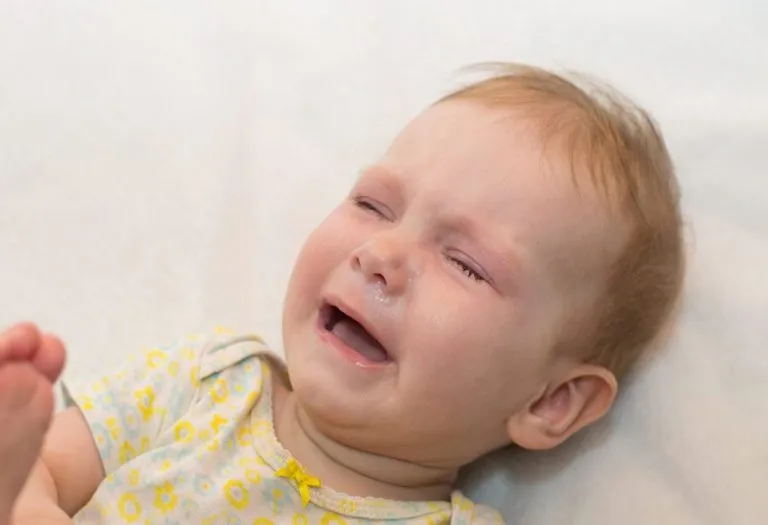

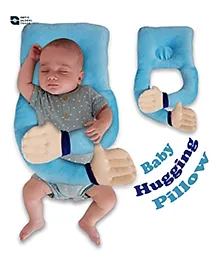
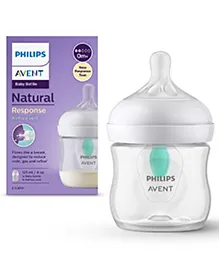









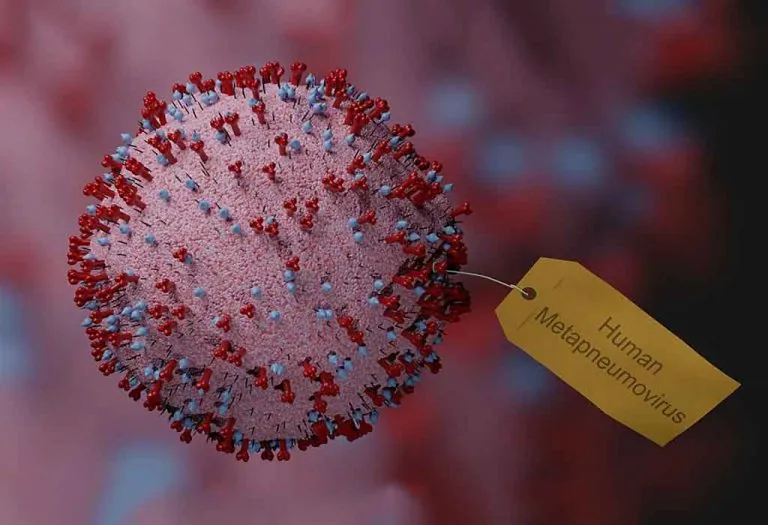

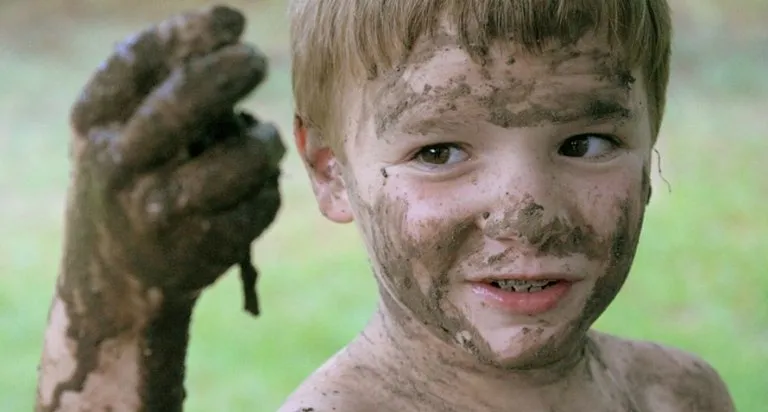
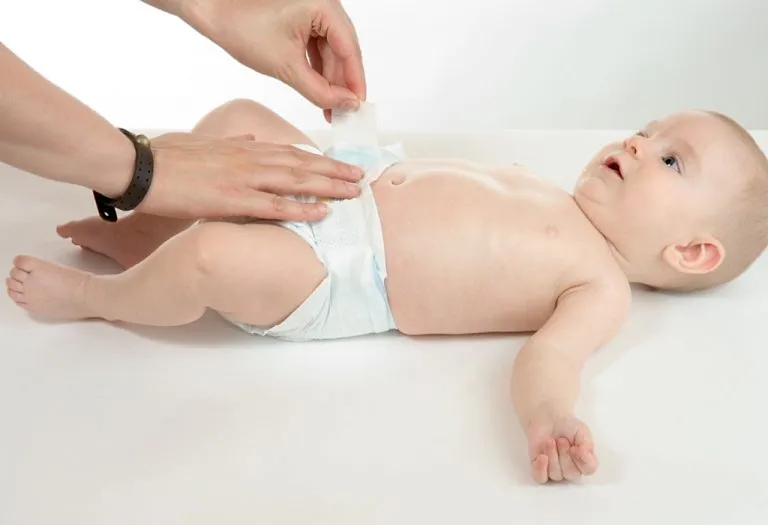
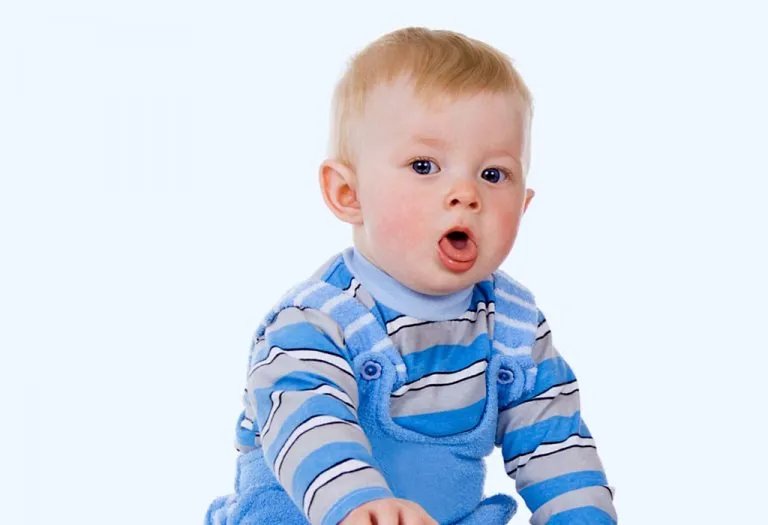
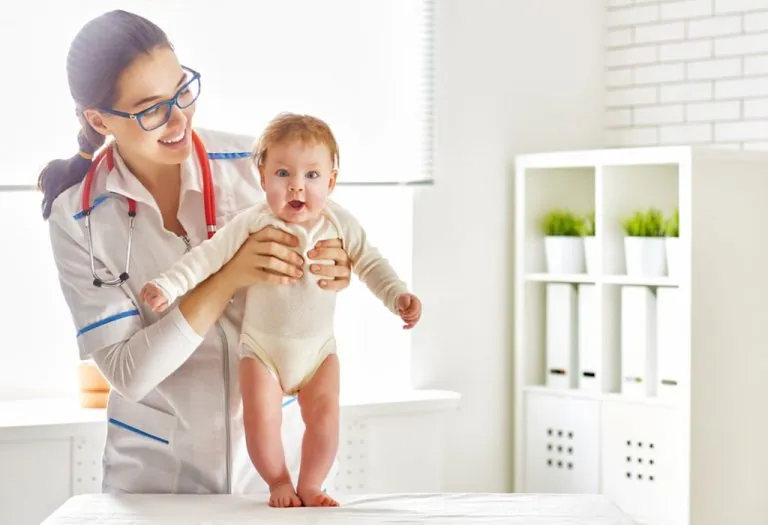

.svg)








